After Asia, the continent of Africa is the second largest continent in the world with more than 1,300,000,000 people, which has the fastest growing population and contains about one seventh of the world’s population. Africa has high biological diversity. Culturally, more than 55% of the people of Africa are Muslims, and in other words, it can be said that Africa is the only continent where most of the population are Muslims. According to published statistics, the growth of the Muslim population in Africa has been faster than the rest of the continent. As an emerging market with an average growth of 4% in the past years, this continent is considered a suitable place for investment and trade. And the development of industry, trade and increase in per capita income in many countries has created a wide demand for consumer goods and infrastructure services including energy, water, land, rail and air transportation, ITC and urban infrastructure development. And has created many capacities in the field of trade and investment.
Why trade with the African continent
-
Dynamic population and workforce, urbanization development and economic growth can be considered as some of these indicators.
Another indicator that can be mentioned is economic growth. The growing diversity of African markets is largely due to the region’s economic growth rate exceeding the world average. Africa has the potential to become the world’s largest growing market for consumer goods and services in the coming years compared to other regions.
Another thing that businessmen and investors of other countries should pay attention to is the development of urbanization and market access in Africa. It is expected that by 2050, about 56% of the population of this continent will live in urban areas, which will create a great demand for infrastructure, housing, and goods and services.
One of the key factors that make Africa a hotbed for attracting more foreign investment and strengthening business and innovation connections. The conclusion of the African Free Trade Area Agreement is expected to make the AFCFTA trade bloc the largest free trade area in the world, with a market to create employment for 1.3 billion people and with a total GDP of 3 trillion dollars.
Note: Unfortunately, our strategy regarding Africa has been generally cultural and political; while it should be economy-oriented.
The role of the business club in the African continent
The Iran and Africa Business Club is proud to be in the forefront of organizing economic and business interactions with the African region in the country in extensive interaction with African governments, African embassies and consulates residing in Iran. And by having dozens of local brokers in different African countries to provide business and commercial services and cooperation with Iranian companies, it has been able to play an effective role in business relations with this field. And by introducing the opportunities of economic and commercial cooperation in contemporary Africa to the audience and those interested in the African continent, it will promote business relations and the presence of private sector activists in African countries.
Our goal is to provide expert advice, establish business relationships, and provide the most useful information and business services to government institutions, non-governmental organizations, and private sector organizations. Also, economic activists are interested in working with the African region so that they can make decisions based on facts in their economic and commercial exchanges with this region and conduct their business according to international laws and regulations.
Iran and Africa Business Club, as the main and reliable authority for the introduction of African markets, commits itself to provide the business services needed by the private sector in a practical way to enable the audience to better understand what is happening. Get a broader view of the markets’ prospects and increase their forecasting power and thus their success in doing business with Africa.
At the Iran and Africa Business Club, we introduce you to the rules and regulations of business and investment so that you can do business with reliable and reliable partners. Therefore, if you are looking for diversity in your export markets and entering a competitive and emerging market, we at the Business Club will show you the way. And we introduce you to the distribution networks, importers, suppliers and marketing and advertising methods in African countries and help you to overcome the obstacles.
The strategic location of this continent
In terms of geopolitics, the location of Africa between the continents of Asia and Europe and the existence of four strategic sea waterways (Suez Canal, Strait of Gibraltar, Bab Al-Mandeb and Cape Omidnik) have given special importance to this continent in terms of strategic location.
The Horn of Africa region consists of Sudan, Ethiopia, Eritrea, Djibouti, and Somalia; which is considered one of the most important strategic regions in the world in terms of its geographical location. This importance is due to the region’s possession of important parameters, such as being surrounded by the Red Sea and the Strait of Bab al-Mandab as the communication bottleneck between the Indian Ocean and the Mediterranean Sea and the European continent. The entrance gate of Asia and the Middle East to Africa, the meeting place of Middle Eastern and African civilizations and the origin of the growth and expansion of Islamic-African culture.
Economic importance of the African continent
Unfortunately, our knowledge about Africa has always been with the Western mind and glasses, and that is an incomplete and distorted knowledge. While, according to international estimates, 96% of diamonds, 90% of chromium, 85% of platinum, 50% of cobalt, 55% of manganese, 40% of bauxite, 13% of copper, 50% of phosphate, 65% of gold and 30% of uranium has been located in Africa.
Iron, tin, zinc, lead, coal, precious stones and nickel are found in abundance in Africa. 10 countries of this continent including Nigeria, Libya, Gabon, Algeria and Angola are oil exporters. Due to the abundant rains, most of the lands of this continent are fertile, and the dense forests next to the green fields are considered one of the God-given treasures of Africa.
Internationally, African countries make up about a third of the members of the United Nations and other affiliated organizations. In fact, the countries of the world need the votes of these countries in order to advance their international goals.
Important countries of this continent for trade with Iran
Considering the vastness of the African continent and the diversity of countries with different levels of development in a general division, the African continent is divided into four general regions based on which economic blocs are also formed. And in each region, one of these countries is considered as a commercial hub or gateway to that region in terms of infrastructure and access facilities to other countries and covers the trade of the surrounding countries.
Based on this division, Kenya is considered as the gateway to East Africa, which covers many commercial and economic interactions of the surrounding countries. In the southern African region, South Africa is considered as the most important country and the gateway to the southern African countries. In the West African region, Nigeria is considered as the gateway to the West African region, and finally, Tunisia and Algeria are the gateways to the North African region.
Of course, we in the Iran and Africa business club, based on demographic indicators, purchasing power, economic and commercial infrastructure, religious and religious commonalities etc. In addition to these four countries, we have selected countries as priority trade targets with which the development of trade relations with them is on the agenda. Those interested can determine their target market based on the type of product in consultation with club experts.
Important export products for trade with the African continent
Looking at the imported goods of African countries on the other hand, the production and export capabilities of our country, the most important goods that have the capacity to export to Africa includes; oil derivatives and petrochemical materials, construction materials (bitumen, cement, ceramic tiles, construction valves, etc.). Food items include (dates, pasta, tomato paste, sweets and chocolates, saffron, etc.). Carpets and all types of flooring, steel products, kitchen appliances, plastic products, medicine and medical equipment. It also considered the export of technical and engineering services in the fields of power plant construction, dam construction, and power transmission lines, construction of small refineries, road construction and building construction as one of the most important areas of economic and commercial cooperation with Africa.

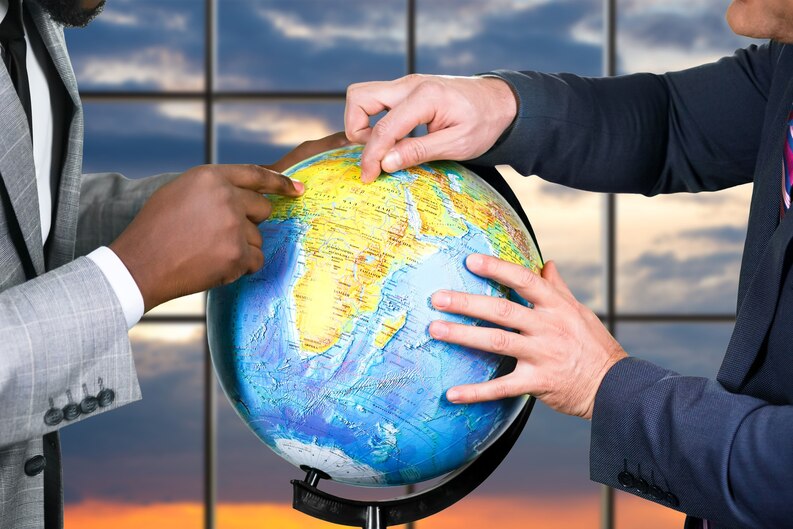
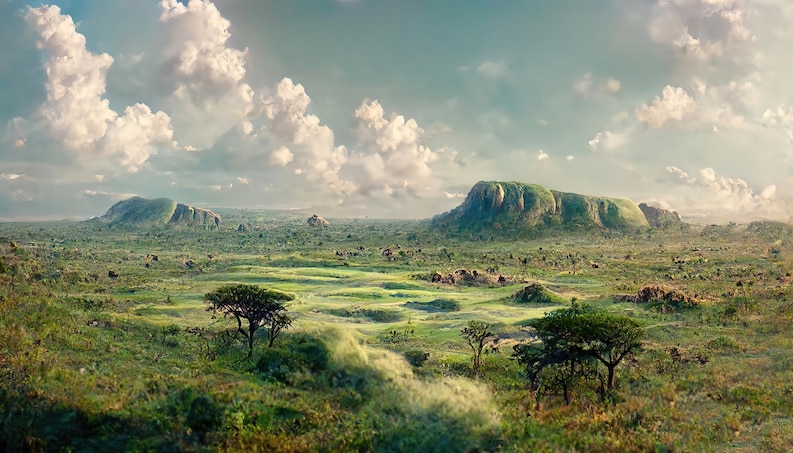
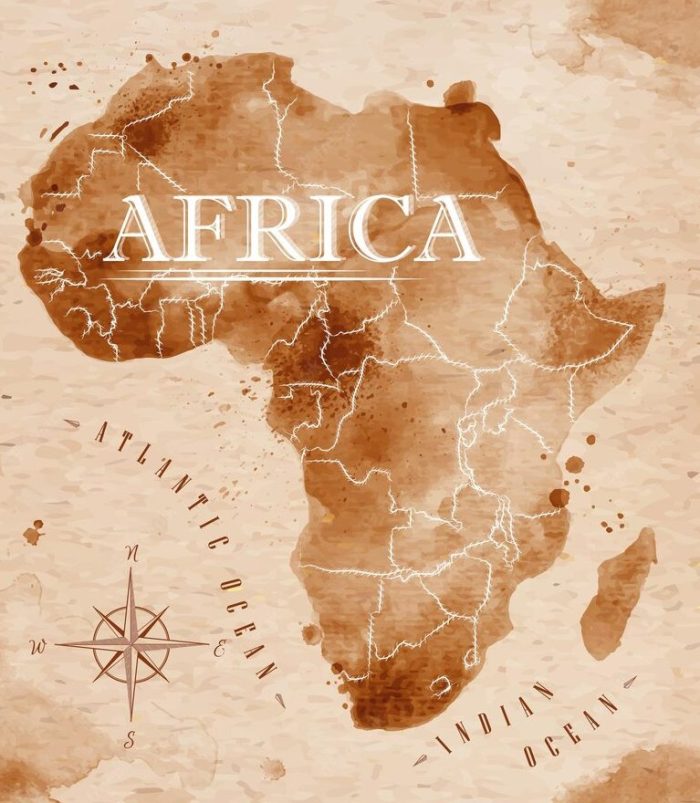
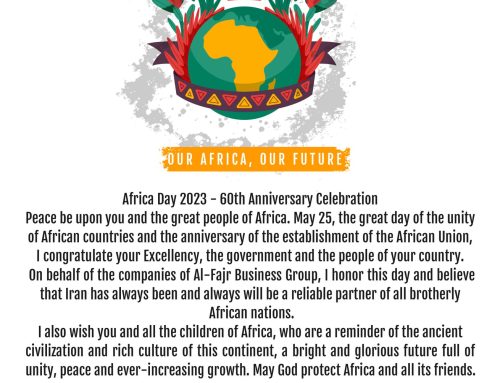
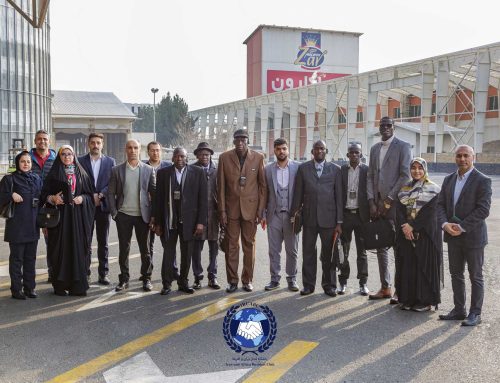



Leave A Comment